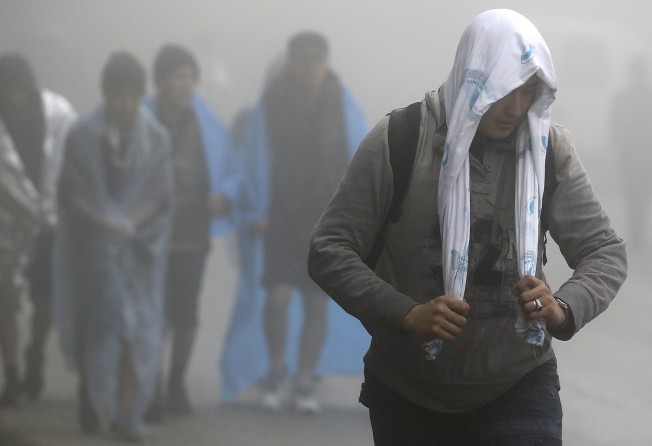After 70 years of work, often unseen, the United Nations proves no country can succeed alone
Shamshad Akhtar says the UN ideal of all nations working together for peace and the common good is as relevant today as it was in the wake of war

On October 24, 70 years ago, the UN Charter came into force, hope rising from the ashes of the second world war. For seven decades, the UN has driven multilateralism for peace, security, development and human dignity around the world. Although far from perfect, no other organisation has done more to "save succeeding generations from the scourge of war and to promote social progress and better standards of life" for all.
Conflicts have been averted. Human rights have been enshrined in international law. Hundreds of millions have been lifted out of poverty. Primary education has become near universal. Smallpox and polio have been largely eradicated, and fewer women, men and children die now from preventable causes than at any point in history.
Many of the greatest impacts of 70 years of UN work remain often unseen, but are at least as important in our daily lives. UN-driven regulations and frameworks facilitate trade and commerce, as well as air and maritime safety. UN-sponsored treaties help ensure the worldwide flow of mail, telecommunications and data. Global energy, food security, and even the acceptable use of our oceans and outer space, are all governed by agreements reached under the auspices of the United Nations.

Its most important contribution, however, has been to prove the power of a single ideal: that no nation can succeed alone. Through its institutional architecture, especially its five regional commissions, the organisation has fostered regional development and shared prosperity as a way to reinforce multilateralism, demonstrating time and again that cross-border challenges require collaboration, integration, coordination and an unwavering commitment to the wider common good.
No region provides better proof of these efforts than Asia and the Pacific. When the UN was created, much of the continent was under colonial rule. Standards of living were falling, and post-war infrastructure in many countries was nearly non-existent.

To address these challenges, the UN created the Economic Commission for Asia and the Far East, the forerunner of the present Economic and Social Commission for Asia and the Pacific (Escap). Over the next seven decades, these institutions have assisted member states in creating the most economically dynamic and diverse region on earth.
This growth has, however, come at great cost to our people and planet - with growing resource constraints and social inequalities. We are, once again, in a time of great turbulence, transition and opportunity, which is why the UN remains more relevant today than it has ever been.
Shamshad Akhtar is a UN undersecretary general and executive secretary of Escap